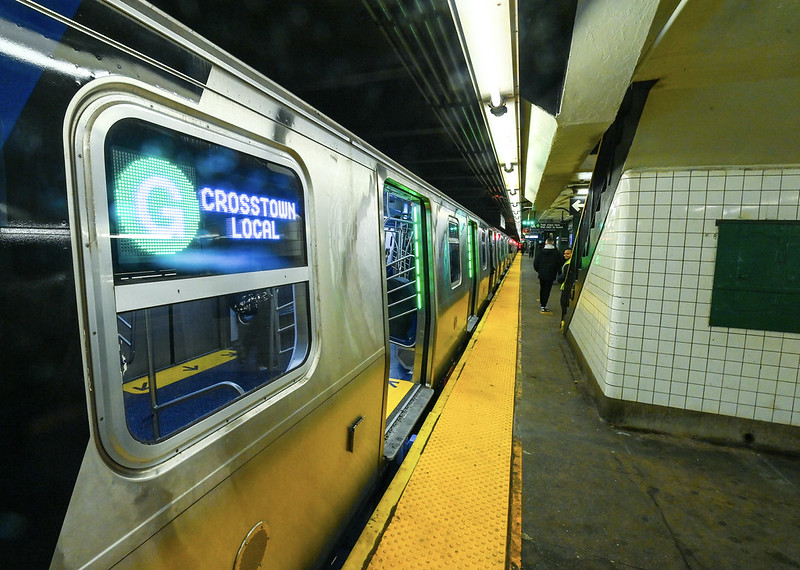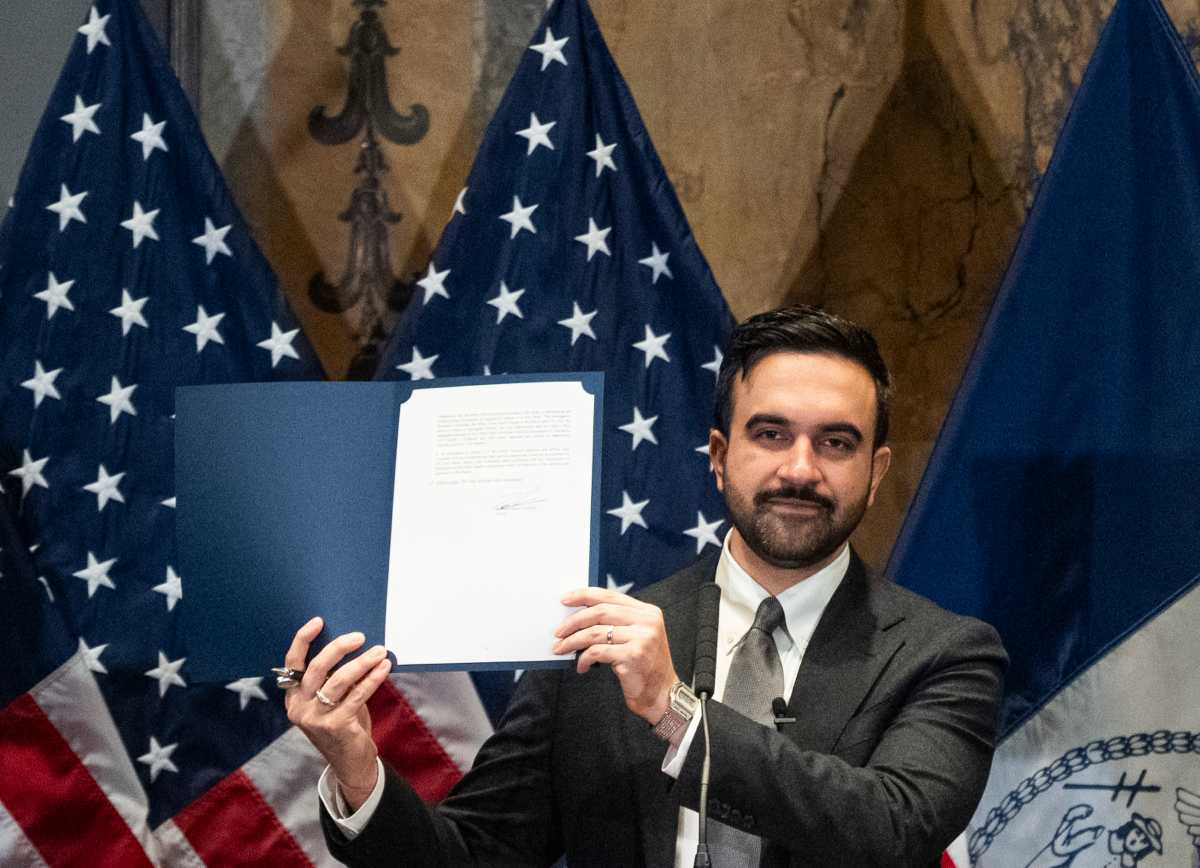The ferry hasn’t sunk yet, and if Rockaway residents have their way, it never will.
At a town hall meeting on Tuesday, April 20, a packed room of riders got to express their concerns to Deputy Mayor Howard Wolfson and other officials regarding the heavily-subsidized Rockaway ferry service.
The pilot program, launched in May 2008, which provides service from Riis Landing to the Brooklyn Army Terminal to Wall Street, was set to end on March 19, but a last-minute deal between city councilmembers and the mayor’s office extended service until July 1.
New York Water Taxi, which operates the ferry, reduced service to one morning and one evening trip (from two) on March 22 to reduce the operating subsidy required for the service. The resulting reduction in operating costs is $1,500 per day.
Passengers pay $6 each way for the one-hour trip, but that $6 only covers between 15 and 30 percent of the total operating costs of the ferry, which Economic Development Corporation officials say is $90,000 to $150,000 a month. The remaining costs were made up by City Council funds, between $70,000 and $100,000 per month, he said.
That equals a subsidy of nearly $20 per rider.
Last Tuesday, “people came out and said, ‘Look, I need this to get to work,” said Liam McCabe, spokesperson for City Councilmember Eric Ulrich, who organized the meeting. “A lot of people had ideas on how to make it viable.”
Tom Fox, president and CEO of New York Water Taxi, told The Courier that Wolfson “understood the support for the service” and was receptive to ideas to keep it afloat.
These include an additional stop in Sheepshead Bay, Brooklyn; an additional stop in Bay Ridge at 69th Street; and a shuttle bus from Arverne by the Sea.
“The Deputy Mayor didn’t close any doors,” said Fox.
Fox pointed out that the subways are subsidized 56 cents per rider; city buses $1.64; LIRR $6.19; and the Staten Island ferry $5.95.
“But if you look at it in aggregate, it puts it in perspective,” he said.
“There are very few city services out here,” said Steve Greenberg, immediate past chair of the Breezy Point Cooperative. “Spending $3,000 a day to transport people is not so bad.”
“No one wants the current service to go away – they want to build on it,” said Fox.































